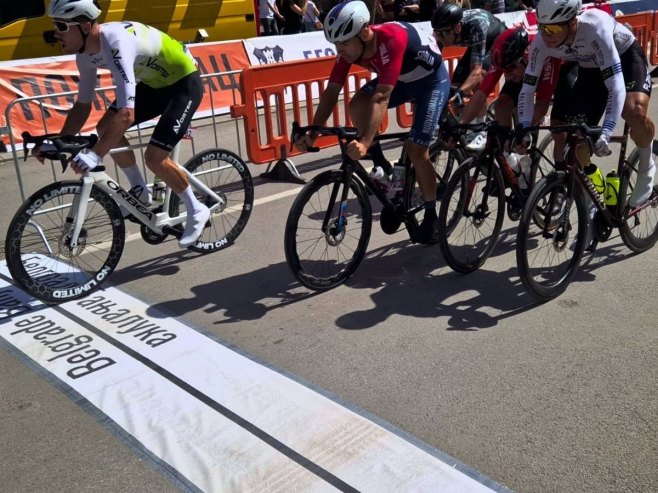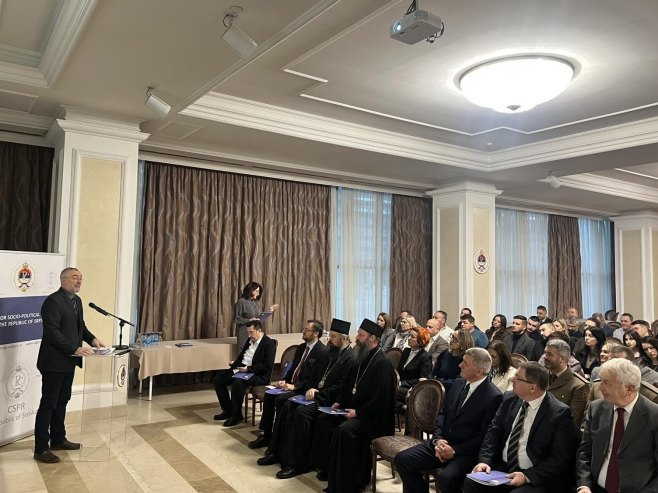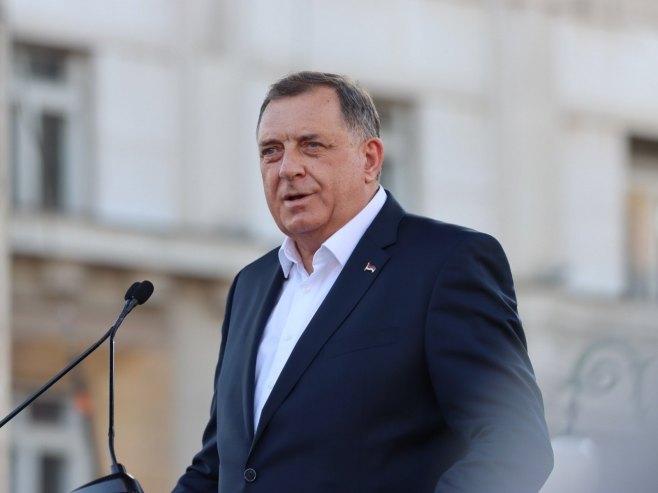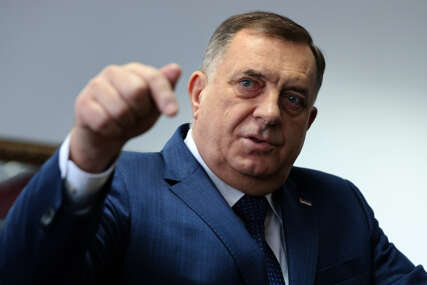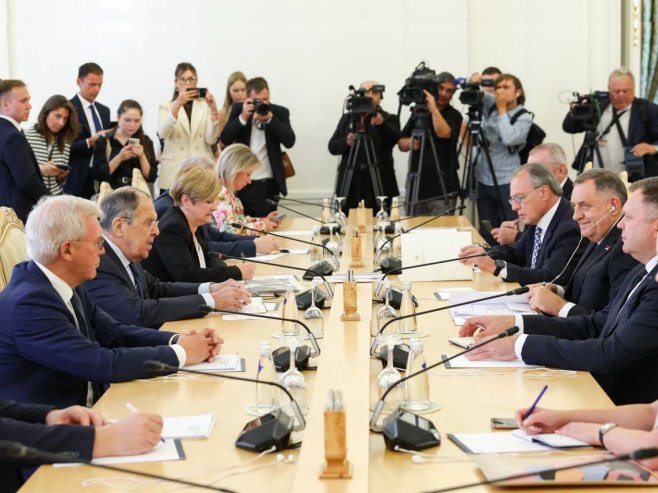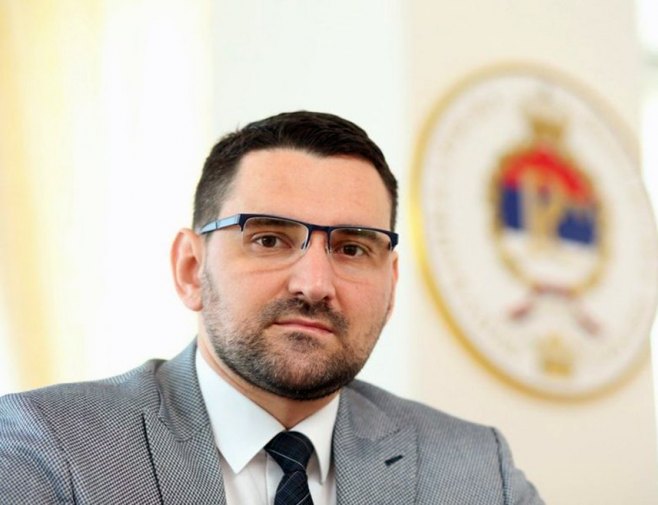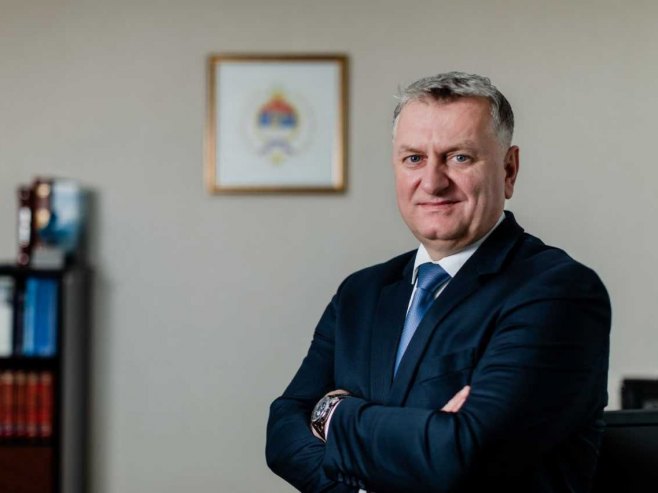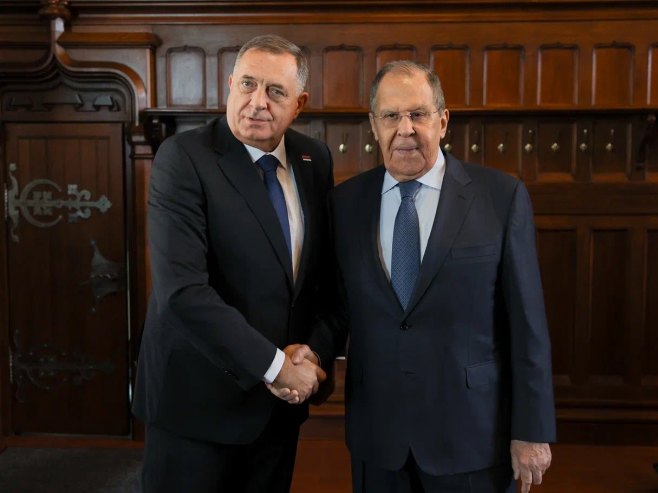President of Republika Srpska Milorad Dodik stated that Prebilovci, a place where every stone bears the scars of war, is not only a symbol of Serb suffering but also of resistance to oblivion, emphasizing that truth and justice must be defended without compromise.
“The crime that occurred here is not just a wound of Prebilovci, but a wound of the entire Serb people, no matter where they live. This was not only a crime against one village, but an attempt to erase an entire people — a systematic extermination that many tried for decades to silence, cover up, and consign to oblivion,” Dodik told SRNA on the occasion of the 84th anniversary of one of the most brutal crimes against Serbs, committed by Ustasha forces in Prebilovci from August 6 to 11, 1941, under the command of Ivan Jovanović Crni.
President Dodik recalled that in August 1941, Ustasha forces killed 850 innocent Serbs in Prebilovci near Čapljina, turning the village into a mass grave in just a few days.
“Women, children, and the elderly were murdered in the most horrific ways. Children found in the village school were slaughtered, their mothers and sisters raped. They were thrown alive into the karst pits of Herzegovina — without graves, without crosses, without voices, without remembrance, without justice, only because they were Orthodox Serbs.
This wasn’t war. It wasn’t a battle between soldiers. It was a premeditated, organized crime, carried out with such brutality that even Nazi officers were shocked by the cruelty of their Ustasha allies,” he said.
According to Dodik, the first child in Prebilovci reached school age only in 1956, and the first boy eligible for military service left for duty in 1967.
“These facts best illustrate the scale of the massacre in this Serb village, which had around 900 residents before the slaughter — 850 of whom were killed,” the president said.
He stressed that what perhaps hurts even more is what followed — decades of silence, of shameful suppression of the truth about Serb victims, whose blood was deemed “irrelevant” because speaking of their suffering was “inconvenient” for the narrative of false brotherhood and unity in former Yugoslavia.
“They told us to forget, to stay silent, not to ‘stir things up.’ Communist authorities even cemented the pits where Prebilovci victims were thrown, trying to hide the scale of the crime. And today, we ask — how long are we supposed to stay silent? Are we to stand idle while they kill us again or drag us before fake courts that try us under laws made up by occupiers and colonizers — those who have always tried to erase the Serb people because our pride, defiance, and pursuit of justice stand in their way?
Do we not have the right to justice and truth? Do we not have the right, after all that, to refuse to forget the murdered, the tortured, the abused? We will never forget. We will not forgive on behalf of those thrown into pits, on behalf of the slaughtered Serb children robbed of life. We will not stop speaking, writing, or bearing witness,” said Dodik.
He stressed that Prebilovci is a place where evil revealed its true face and where justice remained silent — as is always the case when Serbs are the victims.
“It is our historical duty to change that. We must write textbooks truthfully, teach our children that our people were victims of genocide. While some still dare to glorify Ustashism, rehabilitate criminals, close their eyes to the truth and falsify history — we will stand firmly in defense of truth and justice, because the truth of Prebilovci, Stari Brod, Kozara, Romanija, and Podrinje is not hatred — it is a warning, the foundation of our identity, our conscience, and our memory.”
Dodik concluded by saying that every Serb is obligated to speak about all crimes, because as a people, “we owe truth to our dead and justice to the living.”
“Let their sacrifice be etched in gold in our memory and conscience, and let Prebilovci — a slaughterhouse of a people whose only ‘crime’ was being Serbs — never happen again. That is our vow: Prebilovci will not be forgotten. The victims will not be left to silence.
As a nation, as a state, as responsible people, we will find the strength to stand for the truth, to defend it and pass it on to future generations. We owe it to those who rest there, to our descendants, and to history — past, present, and future — for the sake of our Republika Srpska.”
Source: RTRS
